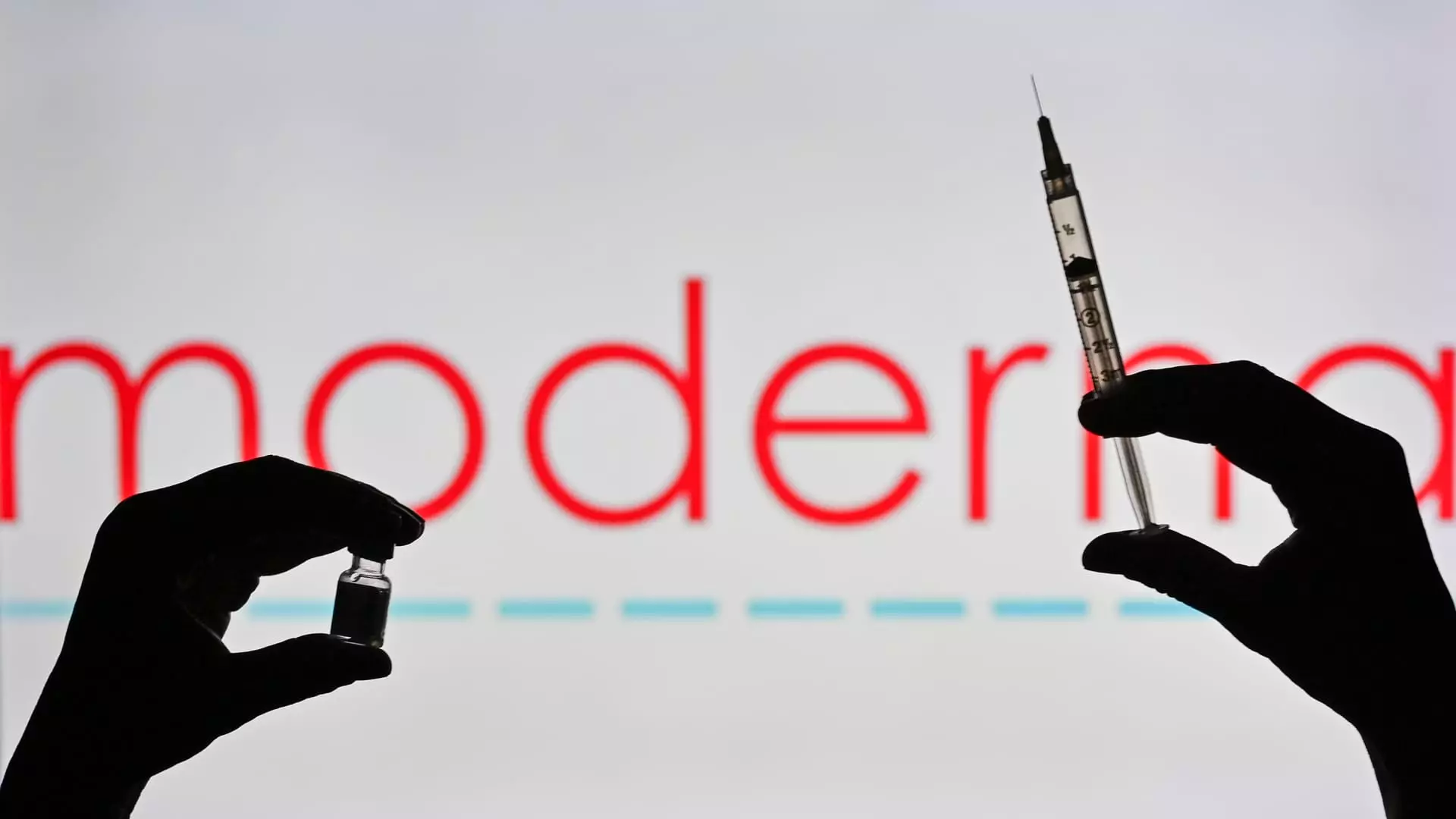Moderna and Merck recently shared positive three-year data on their experimental vaccine in combination with Keytruda for patients with the most deadly form of skin cancer. The combination of the vaccine and Keytruda showed significant improvements in survival rates and exhibited long-lasting efficacy in a midstage study presented at the American Society of Clinical Oncology annual meeting in Chicago.
The data revealed that nearly 75% of patients who received the combination were alive without any signs of cancer recurrence at the 2½-year mark, compared to 55.6% of patients who took Keytruda alone. This benefit was consistent across different subgroups of patients, regardless of tumor mutations or the levels of the PD-L1 protein in their bodies. Dr. Kyle Holen, Moderna's head of development, therapeutics, and oncology, emphasized the potential of the vaccine to aid in the treatment of a broad range of melanoma patients.
Patients who received the vaccine along with Keytruda demonstrated an overall survival rate of 96% after 2½ years, in comparison to 90.2% among those who only received Keytruda. Moreover, patients with severe melanoma who were given the combination were 49% less likely to die or have their cancer return after approximately three years. The combination also significantly decreased the risk of melanoma metastasis or death by 62%.
The most common side effects associated with the vaccine were fatigue, injection site pain, and chills, with the majority of these effects being mild. Patients who received the combination showed slightly higher immune-related side effects. The vaccine, utilizing mRNA technology similar to Moderna's Covid vaccine, is personalized based on a patient's tumor analysis post-surgical removal, aiming to train the immune system to target specific cancer cell mutations.
Merck's Keytruda, which is currently approved to treat melanoma and other cancers, received breakthrough therapy designation from the FDA for its use in the treatment of melanoma, to expedite the development and review process for potentially life-saving treatments. Moderna plans to apply for accelerated approval with the FDA as well. Melanoma, responsible for the majority of skin cancer deaths, has seen a rapid increase in incidence over the years, with an estimated 100,000 new cases and nearly 8,000 deaths in the U.S. this year.
The combination of Moderna and Merck's vaccine and Keytruda is being studied in late-stage melanoma patients through a phase-three trial that commenced in July. The companies are also conducting trials for lung cancer, a common skin cancer, kidney cancer, and bladder cancer, showcasing the potential of this treatment combination across various types of cancer.
The collaboration between Moderna and Merck in developing a vaccine in conjunction with Keytruda for advanced skin cancer patients shows promising results. The significant improvements in survival rates, reduced risk of cancer recurrence, and potential benefits for a broad range of patients highlight the efficacy of this treatment. With ongoing clinical trials and regulatory approvals, this vaccine combination could pave the way for more effective and personalized cancer treatments in the future.

